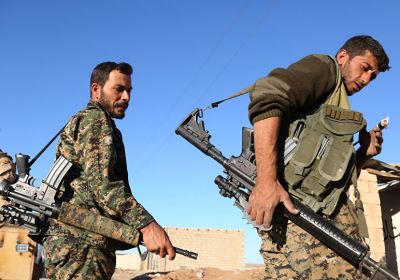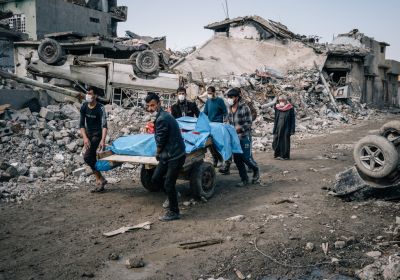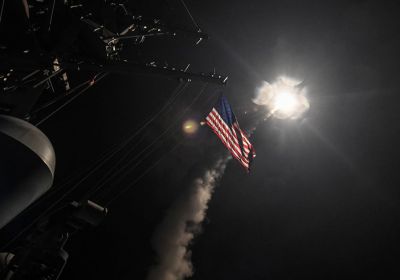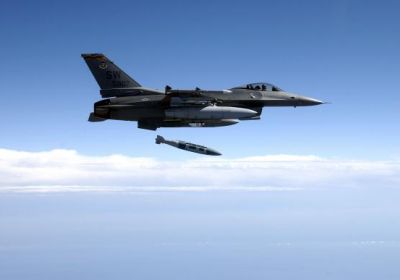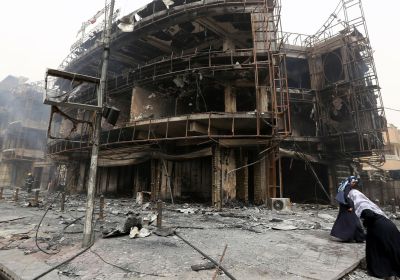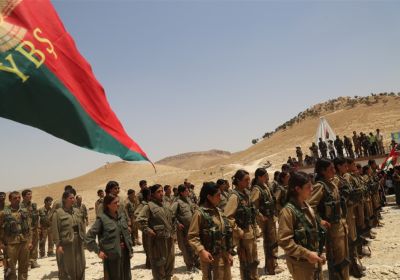-
-
-
-
-
-
-
 The irony in the controversy that has broken out about whether Australia should impose a total ban on Muslim immigration to combat ISIS terror is that if only Iraq had been able to close its borders to Western invaders back in 2003, this whole ISIS shit could have been avoided.
The irony in the controversy that has broken out about whether Australia should impose a total ban on Muslim immigration to combat ISIS terror is that if only Iraq had been able to close its borders to Western invaders back in 2003, this whole ISIS shit could have been avoided. -
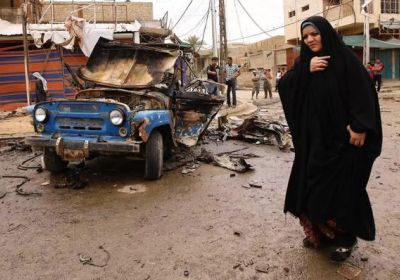
A truck bomb exploded in Baghdad on July 3, killing at least 292 people and wounding hundreds of others. The bombing, for which ISIS claimed responsibility, had the highest death toll of any terrorist bombing in Iraq since the US, Britain and Australia invaded the country in 2003.
-
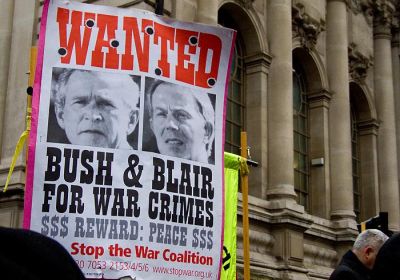
The release of the Chilcot Report on July 6 has led to renewed calls for former British Prime Minister, Tony Blair, to be prosecuted at the International Criminal Court (ICC) for his role in starting the Iraq War.
-
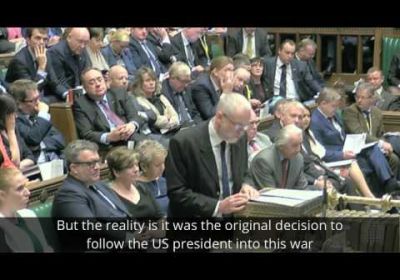
British Labour leader Jeremy Corbyn said on July 6 that public opposition to the war in Iraq had been “vindicated” — and called on politicians who ignored pleas for peace to “face up to the consequences”.
-
 For some people, it was impossible to believe that this day would come. Seven years after John Chilcot started to take evidence in a British inquiry into the Iraq War and 12 years after the previous inquiry into the war, many anti-war protesters could be forgiven for being sceptical about what the report would say. First impressions, announced over microphones and megaphones while being read from mobile phones, were met with a militant response. There was a sense of vindication for those of us who opposed the war from the outset and has renewed our determination.
For some people, it was impossible to believe that this day would come. Seven years after John Chilcot started to take evidence in a British inquiry into the Iraq War and 12 years after the previous inquiry into the war, many anti-war protesters could be forgiven for being sceptical about what the report would say. First impressions, announced over microphones and megaphones while being read from mobile phones, were met with a militant response. There was a sense of vindication for those of us who opposed the war from the outset and has renewed our determination. -
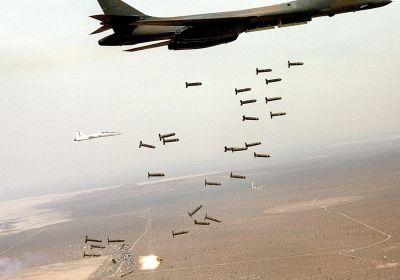 The US government has admitted to killing 20 civilians in Iraq and Syria over five months, a death toll far below that estimated by independent observers. Washington had previously acknowledged 26 civilian casualties. In a statement released on April 22, the US Central Command insisted that the killing of the civilians, and the injuring of 11 others, was legal.
The US government has admitted to killing 20 civilians in Iraq and Syria over five months, a death toll far below that estimated by independent observers. Washington had previously acknowledged 26 civilian casualties. In a statement released on April 22, the US Central Command insisted that the killing of the civilians, and the injuring of 11 others, was legal.
Iraq
Iraq
